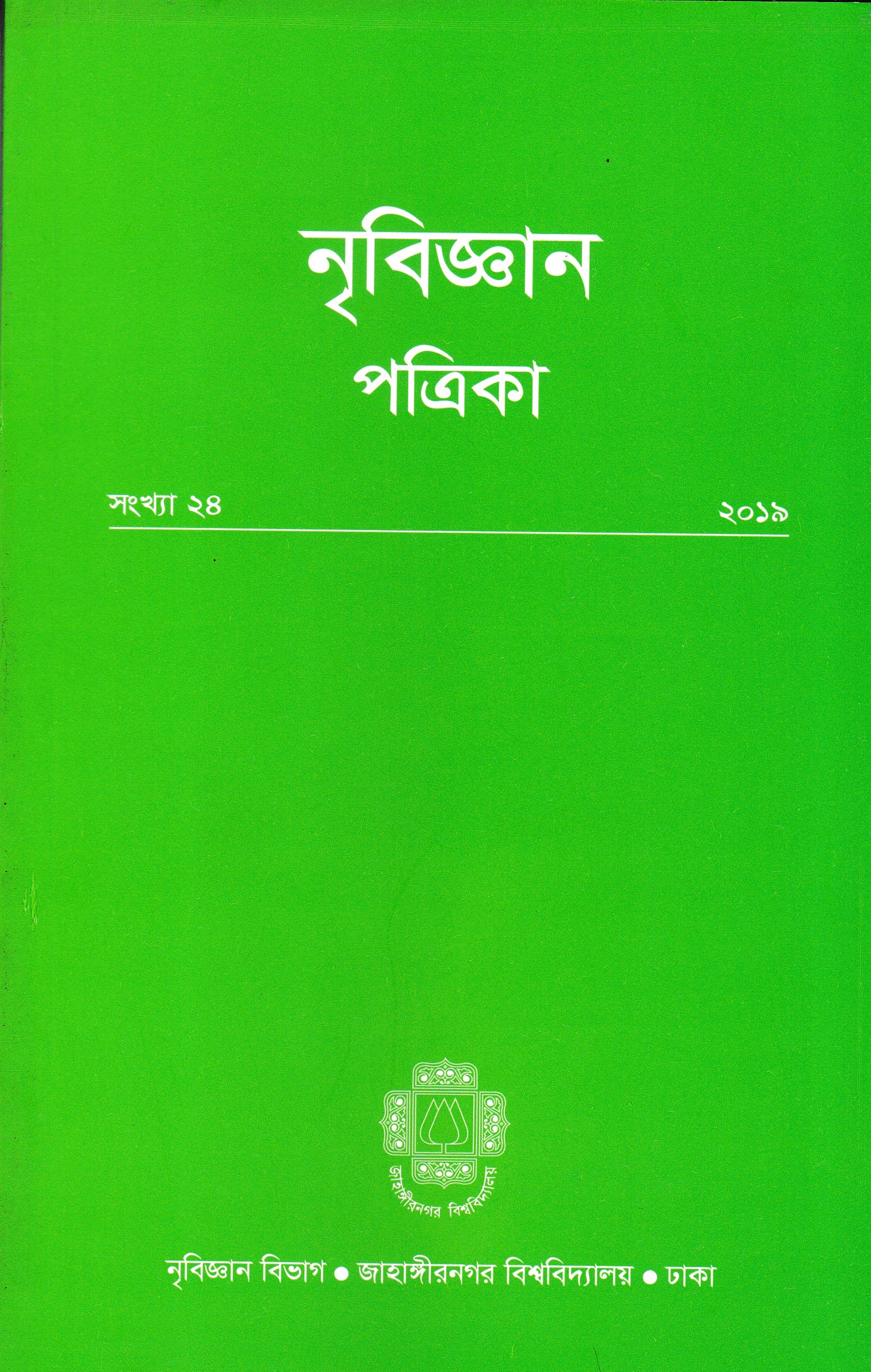Gender Politics and the Uneasy Relation between Masculinity and Male Rape
Main Article Content
Abstract
The article attempts to understand the connection among masculinities, male rape, and gender politics in the context of
Bangladesh. Based on a qualitative approach, the paper explores how the social perception of masculinity facilitates male domination in the society and allows men to be violent in particular social contexts. The image of men is established in the Bangladeshi society in such a way that defines them as ‘dominant’ or ‘violent’ and does not allow them to take a passive role. Male rape proves that the victim is vulnerable, dominated and unable to hold on to his socially defined gender position and roles; simply put, the victim’s masculinity is significantly questioned. Therefore, the correlation between masculinity and male rape is found to be uneasy and contradictory. Moreover, the paper also argues that, like female survivors, male rape survivors also experience a change in their social realities, changed and reconfigured based on their ordeal; however, their way of coping with rape is different than female survivors.

